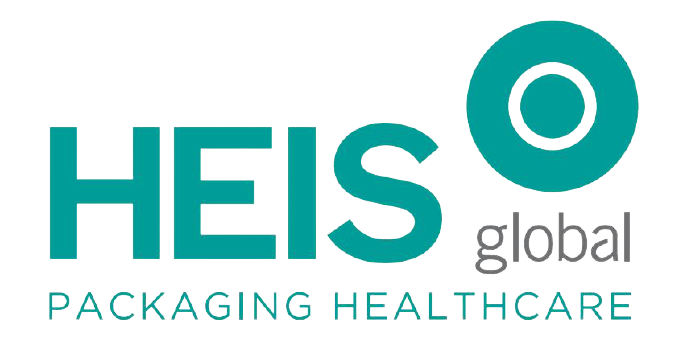
As we commemorate our first year dedicated to sustainable practices, it’s essential to spotlight a pivotal advancement within the pharmaceutical and nutraceutical sector—Recycled PET Sustainable Packaging. This article delves into the significance of adopting recycled PET materials in pharmaceutical packaging, exploring the positive environmental impacts and strides made by the industry in fostering sustainability.
Revolutionizing Pharmaceutical Packaging with Recycled PET
Polyethylene terephthalate (PET) has long been a go-to material for pharmaceutical packaging due to its durability and versatility. In recent years, the industry has witnessed a substantial shift towards incorporating recycled PET (rPET) into packaging solutions, showcasing a concerted effort to reduce the environmental impact associated with traditional packaging materials.
Environmental Challenges of Conventional Pharmaceutical Packaging
Before we explore the merits of recycled PET, it’s crucial to understand the environmental challenges posed by conventional pharmaceutical packaging. Single-use plastics, often non-biodegradable, contribute to pollution, landfill congestion, and harm to wildlife. Recognizing this, stakeholders are now actively seeking sustainable alternatives to minimize the environmental footprint.
The Green Leap: Recycled PET’s Eco-Friendly Credentials in Pharma Packaging
Recycled PET stands as a beacon of hope in the pharmaceutical industry’s pursuit of sustainable packaging solutions. By repurposing post-consumer PET waste, this material helps mitigate the environmental impact linked to traditional pharmaceutical packaging production. Recycling PET not only conserves valuable resources but also reduces energy consumption and greenhouse gas emissions, aligning with the industry’s commitment to eco-friendly practices.
Closing the Loop: Circular Economy Practices in Pharma Packaging
Recycled PET packaging embodies the principles of a circular economy, where materials are reused, recycled, and reintegrated into the production cycle. Embracing this approach not only minimizes waste but also fosters a closed-loop system that promotes sustainability and reduces dependence on virgin resources within the pharmaceutical packaging sector.
Regulatory Backing and Industry Pledges in Pharmaceutical Packaging
Governments and regulatory bodies increasingly recognize the importance of sustainable practices in pharmaceutical packaging. Many countries have implemented regulations encouraging or mandating the use of recycled materials. Furthermore, industry leaders are making commitments to adopt recycled PET packaging, aligning their strategies with global sustainability goals within the pharmaceutical sector.
Consumer Demand for Sustainable Pharma Choices
Today’s pharmaceutical consumers are more environmentally conscious than ever, demanding transparency and eco-friendly practices from the brands they trust. Recycled PET packaging not only meets these expectations but also serves as a tangible demonstration of a pharmaceutical company’s commitment to environmental stewardship.
Challenges and Innovations in Recycled PET Pharma Packaging
While the adoption of recycled PET in pharmaceutical packaging is gaining momentum, challenges remain. Innovations in technology and processes are continually addressing issues related to purity, safety, and cost, ensuring that recycled PET meets or exceeds the standards set by traditional pharmaceutical packaging materials.
Looking Ahead: A Sustainable Future for Pharmaceutical Packaging
As we celebrate our one-year milestone, it’s evident that the pharmaceutical industry is at the forefront of a sustainable packaging revolution. The integration of recycled PET is not merely a trend but a transformative step towards a greener, healthier planet. By prioritizing recycled materials, the pharmaceutical industry is not only minimizing its ecological impact but also contributing to a more resilient and sustainable future.


